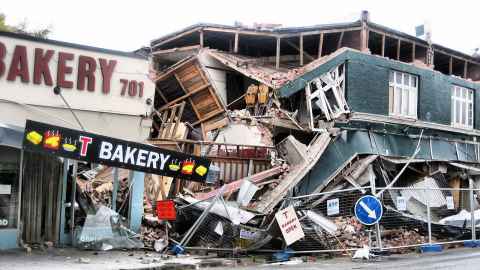Hazards and disasters
We study the breadth of hazards and disasters, from their underlying physical processes to the capacities of people and communities to respond, with risk assessment and management.

The study of natural hazards and disasters is particularly relevant for New Zealand, given its unique geological and geographical setting.
In the Asia-Pacific region, severe storms, droughts, fires, tsunamis, earthquakes, landslides and volcanic eruptions cause billions of dollars of damage and severely disrupt society. These impacts worsened with increasing vulnerability and lack of response capacity of people, communities and societies in the face of such threats.
New Zealand has a reputation as a ‘natural laboratory’ for investigations into climate change, volcanism and earthquakes. Our research seeks to promote a more effective understanding of hazards and support evidence-based policy and practice towards disaster risk reduction.
Our research topics
- Understanding the underlying physical processes of natural hazards: volcanic, coastal, seismic and landslides
- Modelling hazards and their impacts
- Communicating hazards
- Investigating marginality in disaster
- Developing participatory tools for disaster risk reduction (DRR)
- Post-disaster recovery